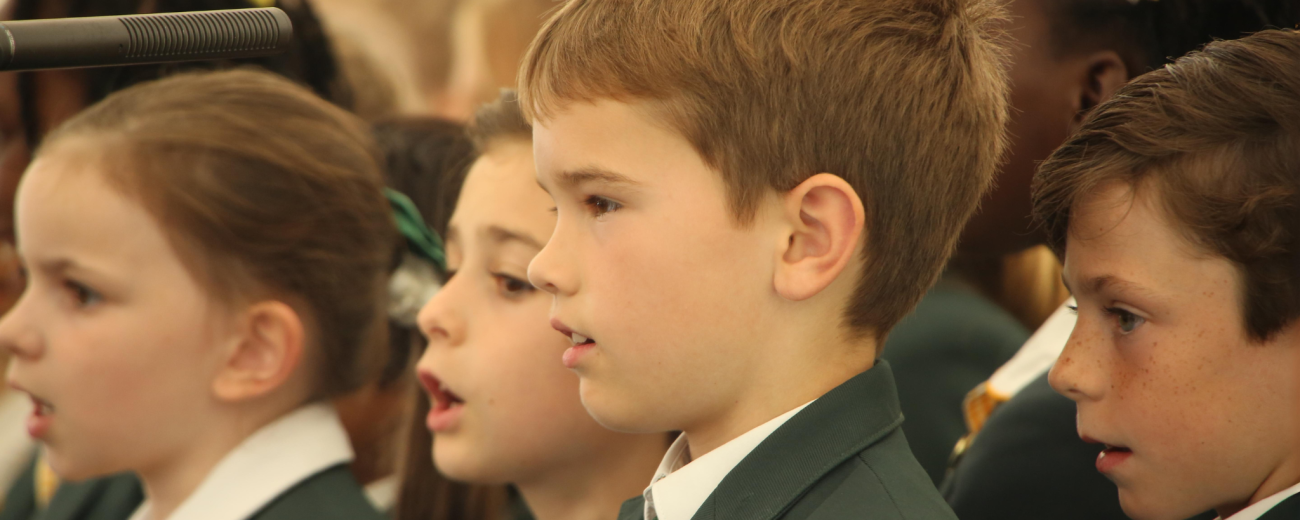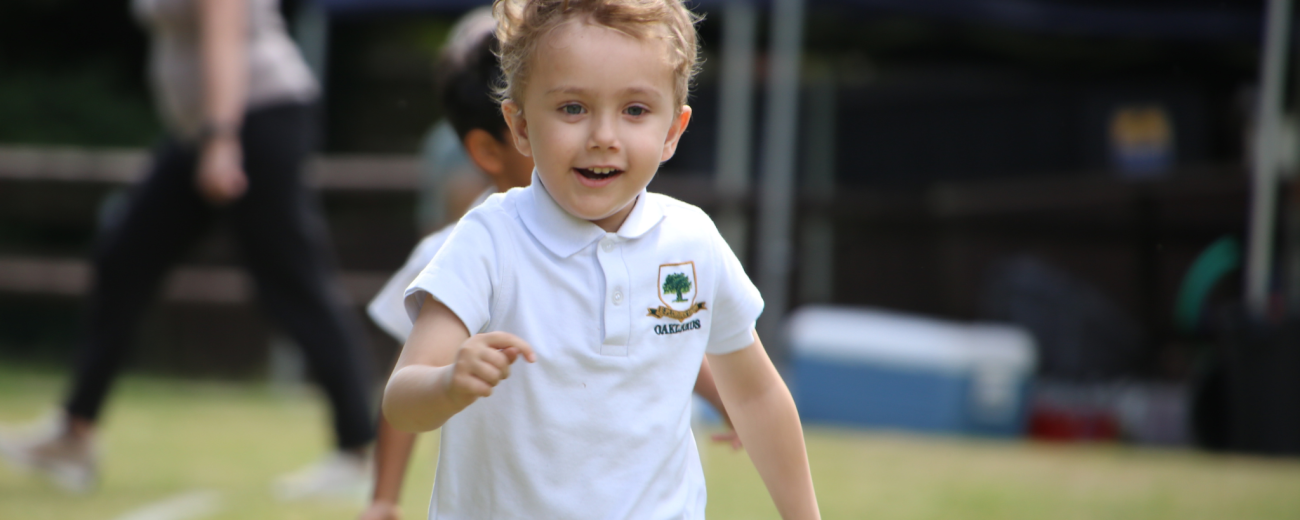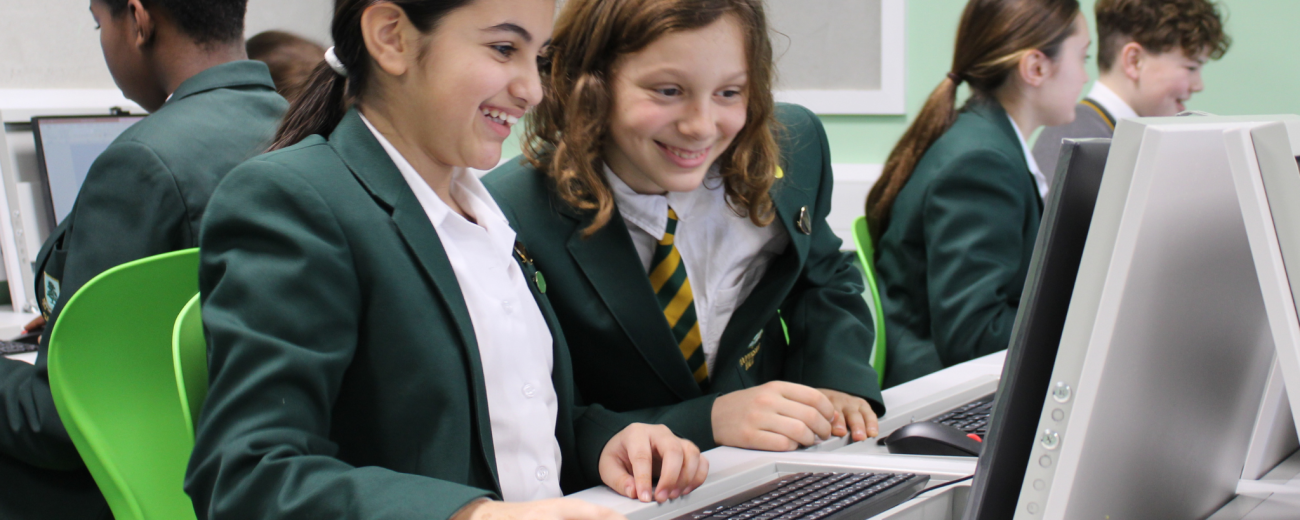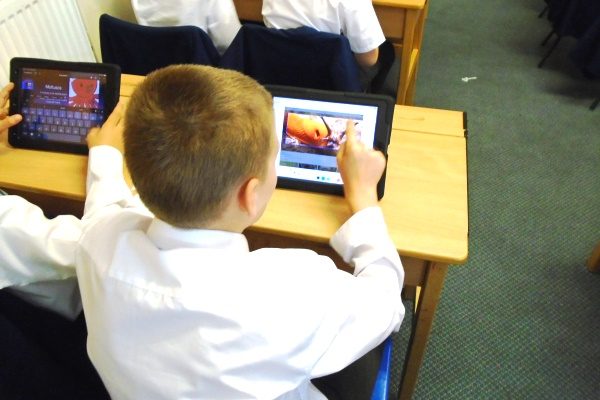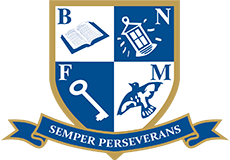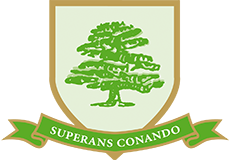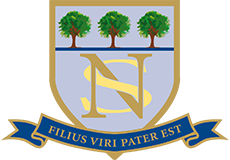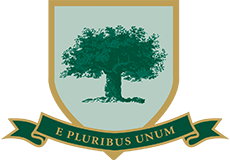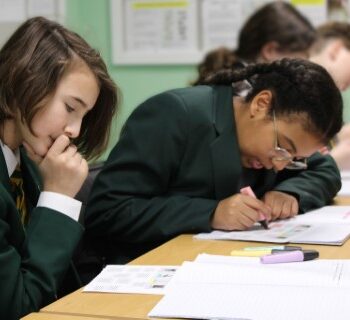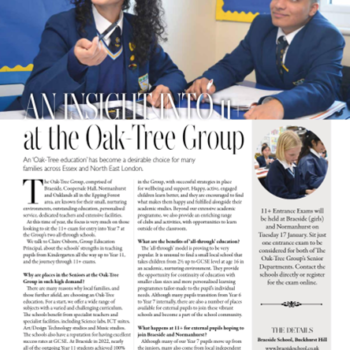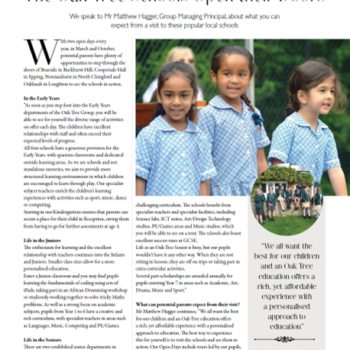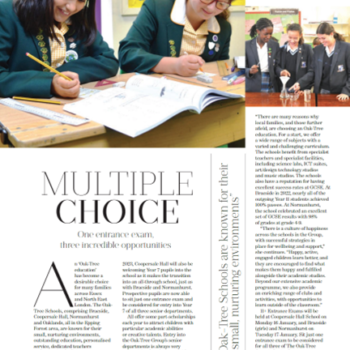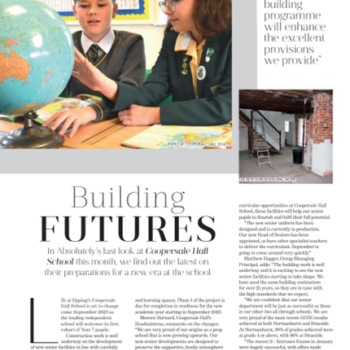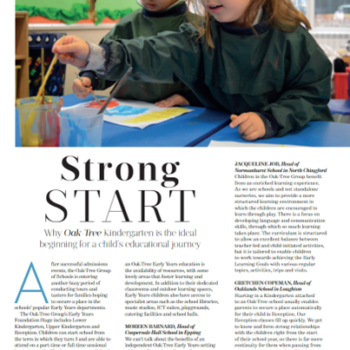The diverse range of apps and software available on the iPad can make it a vital tool in a huge range of industries, including education. Many apps are tailored specifically to help children learn, either through key skills like Maths and English, or used to help teach them about the big wide world around them.
Music – Apps on an iPad continue to surprise with their level of detail and complexity. One field this is particularly evident in is music. There are hundreds of music based apps out there that can be utilised in a number of ways. For example, apps like Studio Track and Garage Band allow pupils to write their own music or record a song. There are even apps out there like Piano Pro that lets you try out the instrument without having to buy one.
Research – When using an iPad, pupils have the largest knowledge database in the world at their fingertips. Information can be found in almost limitless ways, giving pupils the freedom to search out information using a method that works for them.
Presentations – Although a thing of fear for many, public speaking is an essential skill. An iPad allows a pupil to create fun, interactive and engaging presentations, using apps like Keynote, which makes the prospect of public speaking much less of a daunting task.
Eco-friendly – Paper waste is all but eliminated when using an iPad, therefore result in huge savings for the environment. Although the initial investment may be larger, after adding up the cost of print outs and text books, they will quickly start to pay for themselves.
Computer Skills – We are living in a world that is now run by computers, with children today growing up using them. The more adept they are at navigating them, the better prepared they will be when they leave the school environment. However, the learning process doesn’t stop at just generic computer skills like navigation and typing, there are some easy to follow apps out there that can teach further IT skills, such as computer coding, that can be beneficial in the future.
Learning Styles – All children learn in different ways and at different levels. Some pupils may learn more efficiently when reading while others are more engaged when listening to a lecture or watching a video. By using a tablet, teachers are able to teach the same information using different methods, tailoring the lesson to individual pupils’ learning styles.
Easy of Use – Multi-touch moves like tap, swipe, pinch, drag and drop are second nature to pupils today, therefore the learning curve is pretty much non-existent. Even those as young as in Kindergarten class pick up the use of a table incredibly quickly.
Photos – Almost every tablet and iPad out there comes with a camera feature built in, most of which are fairly high quality. Not only will children develop photography skills, they can be used for documenting a range of projects, such as a nature walk.
E-books – When the information in it is outdated in a textbook, an entire new version needs to be printed and purchased which is a wasteful and costly process. Something that every school ultimately experiences regularly. E-books can constantly be updated digitally, and often are sold at a much cheaper price that hard versions of the same. Sometimes they may even be offered for free.
Appeal – There is no question about it, children are drawn toward technology from a very young age, and they can like using them in the classroom just as much as using them at home. Savvy teachers are about to leverage this appeal to make lessons more fun and engaging.
Very Mobile – Laptops and computers are great for many reasons, but an iPad claims the top spot when it comes to mobile digital learning. They are light and easy to carry around, ideal for transferring between classrooms or can even be taken outside.
The Oak-Tree Group of Schools consists of Braeside in Buckhurst Hill, Coopersale Hall in Epping, Normanhurst in North Chingford and Oaklands in Loughton.








